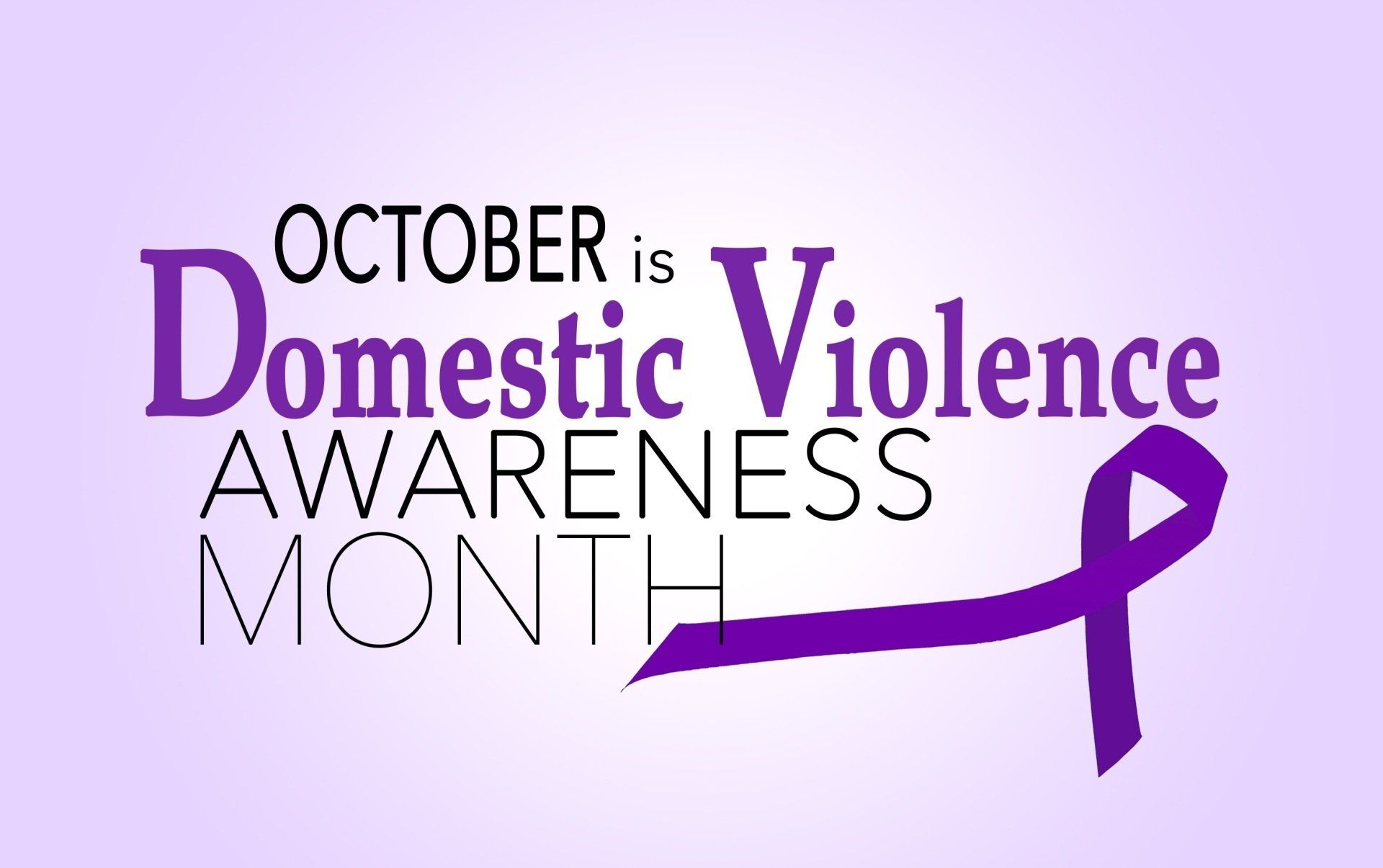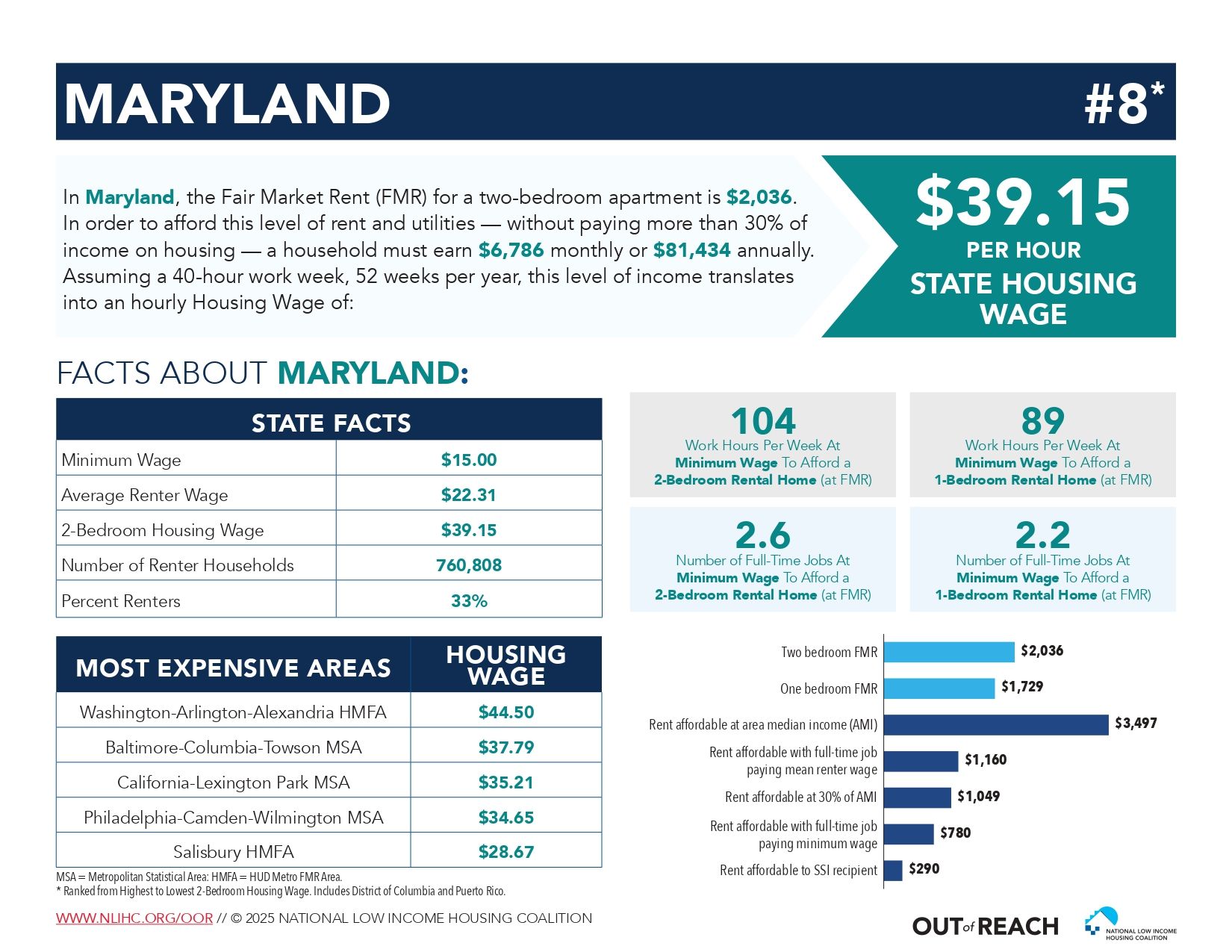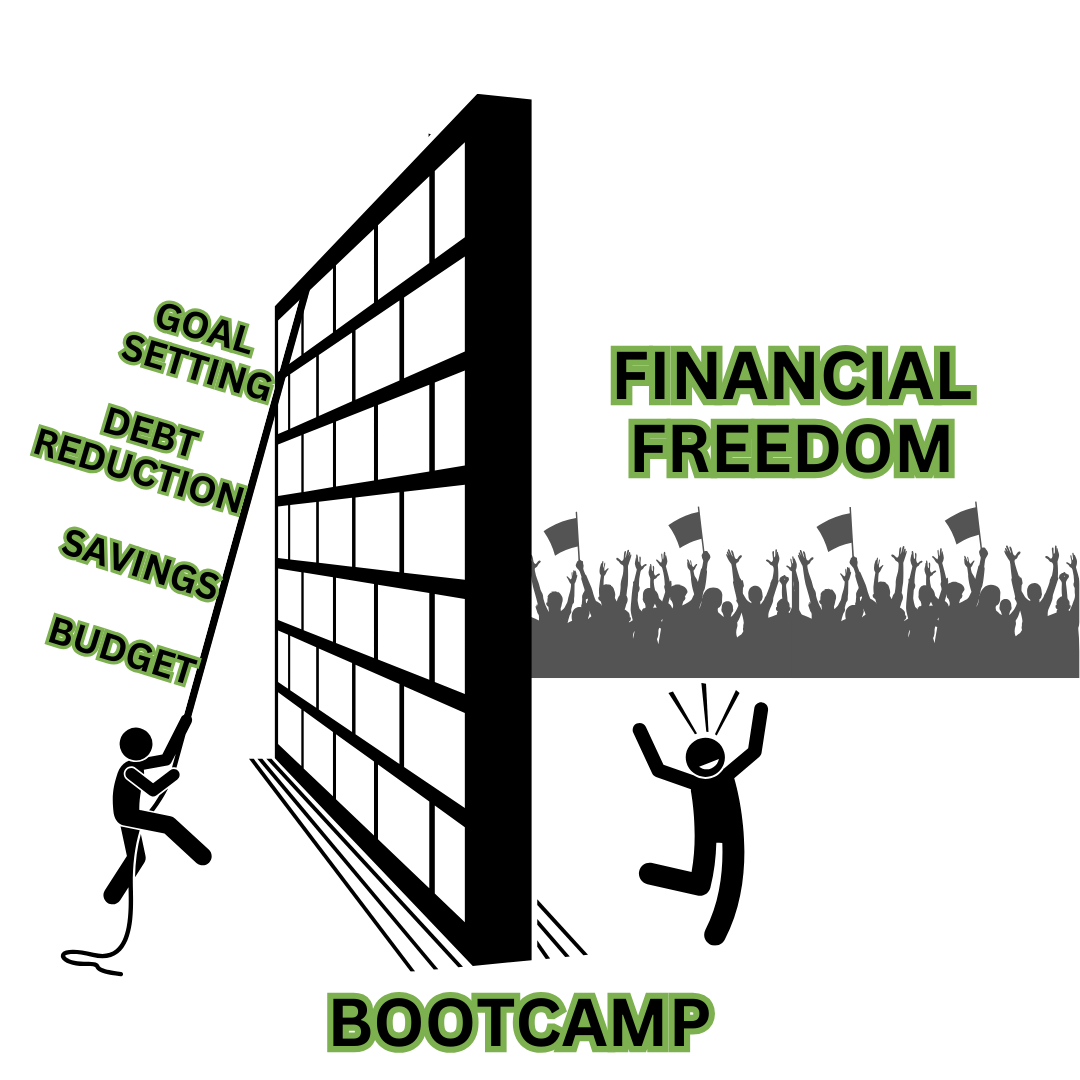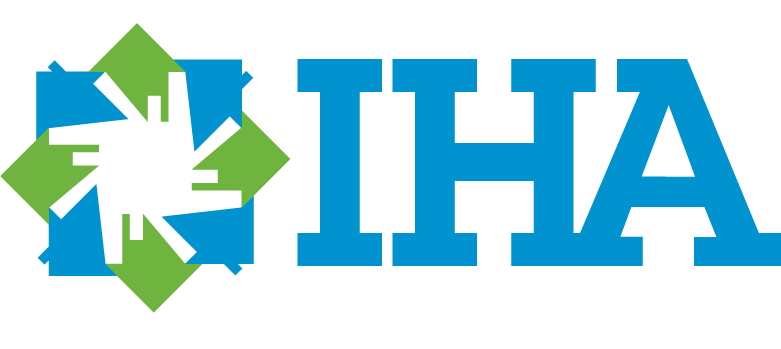October is Domestic Violence Awareness Month

According to the National Coalition Against Domestic Violence, nearly 20 people per minute are physically abused by an intimate partner in the United States. Intimate partner violence accounts for 15 percent of violent crime in the United States. Approximately one in four women and one in nine men experience intimate partner violence.
Directly related to the stress and isolation forced during the pandemic, domestic violence cases increased by 25-33 percent globally in 2020 according to the American Journal of Emergency Medicine.
As alarming as these statistics are, it is widely believed that less than half of all incidents are reported.
Domestic violence knows no boundaries. It affects people of all races, ages, sexual orientations, religions, genders, socioeconomic backgrounds, and education levels. It's a universal problem, so why are victims so wary of reporting it?
The reasons are as varied and complex as the types of abuse that constitute acts of domestic violence. Domestic violence is a serious, sometimes life-threatening, situation, and is about power and control. One partner is controlling the other through a pattern of physical, verbal, financial, and/or mental abuse. Many victims worry that telling the truth will further endanger themselves, their children or other family members.
A great example of this is portrayed in the Netflix documentary “Mourning Son.” Both the mother and son were threatened and afraid, but neither of them spoke about their fears to each other. The end result was that the mother was murdered and the son went through a downward spiral of depression and substance abuse.
A true crime series on Discovery + “Fight or Flight” showcases the work of Somy Ali, an 8-year domestic violence victim turned human rights advocate who for the last 15 years has rescued thousands of men, women, and children from domestic violence and sex trafficking through her nonprofit No More Tears. The series highlights the atrocities and trauma victims of abuse endure and their journey from victim to survivor. Viewers go along with Somy in a race against time to extricate victims and help them secure the help and safety they need to rebuild their lives and the seemingly insurmountable hurdles victims face along their journey toward freedom and independence.
Nearly all abusers deny their crimes which puts the victim in the horrific position of having to tell in great detail all of the events that have occurred, further contributing to their trauma.
Most domestic violence cases happen in the privacy of a home. Usually, there are no other witnesses, and the only people who know what really happened will give different versions of the same event. More often than not, a domestic violence case pits the word of the alleged victim against that of the defendant, and a jury is asked to figure out which side is telling a version of the story that is closer to the actual truth.
The question “Why do people stay in abusive relationships?” is often posed to survivors, implying that they are to blame for the abuse. All too often the answer is the lack of resources created by the controlling partner. In so many situations, the victim has not been allowed to have access to employment, friends, extended family and money. Some aren’t even allowed to have a car or a phone! Fear, financial dependency and forced isolation all contribute to the inability of the victim to leave.
How can we help?
It’s impossible to know with certainty what goes on behind closed doors, but there are some telltale signs of emotional abuse and domestic violence. If you witness these warning signs of abuse in a friend, family member, or co-worker, take them very seriously.
People who are being abused may:
- Seem afraid or anxious to please their partner
- Go along with everything their partner says and does
- Check in often with their partner to report where they are and what they’re doing
- Receive frequent, harassing phone calls from their partner
- Talk about their partner’s temper, jealousy, or possessiveness
People who are being physically abused may:
- Have frequent injuries, with the excuse of “accidents.”
- Frequently miss work, school, or social occasions, without explanation.
- Dress in clothing designed to hide bruises or scars (for example, wearing long sleeves in the summer or sunglasses indoors).
People who are being isolated by their abuser may:
- Be restricted from seeing family and friends.
- Rarely go out in public without their partner.
- Have limited access to money, credit cards, or the car.
People who are being emotionally abused may:
- Have very low self-esteem, even if they used to be confident.
- Show major personality changes (e.g. an outgoing person becomes withdrawn).
- Be depressed, anxious, or suicidal.
If you suspect that someone you know is being abused, speak up! If you’re hesitating by telling yourself that it’s none of your business or that the person might not want to talk about it, keep in mind that expressing your concern will let the person know that you care and may even save their life.
Talk to the person in private and let them know that you’re concerned. Point out the signs you’ve noticed that worry you. Tell the person that you’re there for them, whenever they feel ready to talk.
Above all, suggest that they contact the National Domestic Violence Hotline by calling (800) 799-SAFE (7233) or by texting START to 88788 if they do have access to a phone that isn’t monitored by their abuser. Or suggest they visit https://www.thehotline.org/ for more information and resources.



